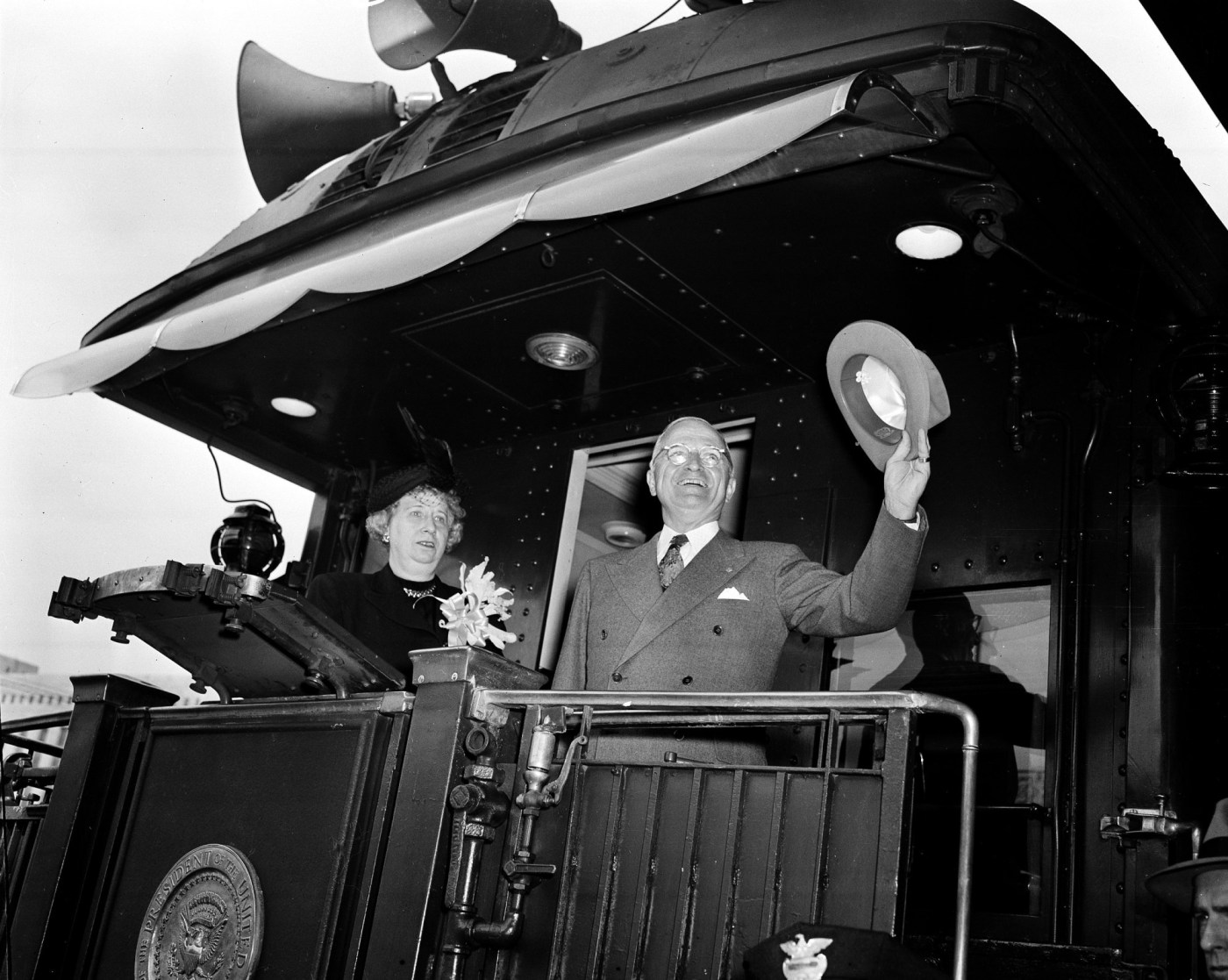Business
Tracing the Wealth of U.S. Presidents: A Financial History

Understanding the financial backgrounds of the United States’ 46 presidents reveals a complex tapestry of wealth and its impact on political decisions. From the modest means of some to the vast fortunes of others, the economic profiles of these leaders have often influenced their policies and governance.
From Wealth to Debt: Early Presidents
Historical analysis indicates that early U.S. presidents often hailed from affluent backgrounds, particularly those from Virginia, such as George Washington, Thomas Jefferson, James Madison, and James Monroe. Washington, for instance, is noted as one of the wealthiest individuals to assume the presidency, with an inflation-adjusted net worth of approximately $587 million. His estate, Mount Vernon, included five farms across 8,000 acres, and his diverse business interests significantly contributed to his wealth. In 1789, his presidential salary of $25,000 represented 2% of the entire U.S. federal budget.
Jefferson, known for his luxurious lifestyle, owned over 2,000 acres and multiple plantations. However, his financial situation deteriorated after leaving office due to poor financial management and a lavish lifestyle that outstripped his income. By the time of his death in 1826, Jefferson was deeply in debt, necessitating the auction of his estate to settle his creditors.
The financial trajectories of Madison and Monroe mirrored Jefferson’s experience. Madison was the largest landholder in Orange County, yet like Jefferson, he faced financial challenges during retirement, primarily due to the collapse of agricultural profitability. Monroe similarly struggled after his presidency, with his debt exacerbated by insufficient compensation during his diplomatic service.
Shifting Financial Landscapes in the 19th Century
The financial profiles of presidents began to evolve in the mid-19th century. Many presidents, starting with Millard Fillmore, came from middle-class backgrounds and relied primarily on government salaries. They often left office without the means to maintain the lifestyle they experienced in the White House.
Despite being viewed as a populist figure, Andrew Jackson became one of the wealthiest presidents of his time. Born into poverty, he began accumulating wealth through his legal career and increased his fortune by marrying into a wealthy family, alongside benefitting from land distribution to cotton planters.
As the 20th century approached, the financial backgrounds of presidents increasingly included those with inherited wealth. Theodore Roosevelt, for example, entered the presidency with a net worth of $1.3 million. His wealth stemmed from a well-to-do New York family and successful investments in cattle ranching and writing.
In contrast, other leaders faced significant economic hardships. James A. Garfield, the 20th president, overcame poverty to become a college president, yet his financial circumstances remained modest until his assassination just five months into his presidency.
The Modern Era: Truman’s Legacy
Perhaps the most notable case in modern presidential history is that of Harry S. Truman, often cited as “the poorest president to enter office in modern history.” Truman faced substantial financial struggles before and after his presidency, which led to the establishment of the Former Presidents Act. This act provided retired presidents with a livable pension, marking a significant shift in how the nation supports its former leaders.
Truman’s experience underscores a broader trend: since his presidency, all subsequent U.S. presidents have been millionaires. The disparity in financial backgrounds highlights the evolving nature of American politics, where wealth has increasingly become a common characteristic among those in the highest office.
While the financial histories of U.S. presidents vary widely, the essence of effective leadership transcends wealth. As noted by Jonathan L. Stolz, qualities such as dedication, integrity, and a genuine commitment to serving the public ultimately define great leadership.
-

 Science2 weeks ago
Science2 weeks agoIROS 2025 to Showcase Cutting-Edge Robotics Innovations in China
-

 Politics2 weeks ago
Politics2 weeks agoJudge Considers Dismissal of Chelsea Housing Case Citing AI Flaws
-

 World2 weeks ago
World2 weeks agoBravo Company Veterans Honored with Bronze Medals After 56 Years
-

 Lifestyle2 weeks ago
Lifestyle2 weeks agoStone Island’s Logo Worn by Extremists Sparks Brand Dilemma
-

 Top Stories2 weeks ago
Top Stories2 weeks agoIndonesia Suspends 27,000 Bank Accounts in Online Gambling Crackdown
-

 Sports2 weeks ago
Sports2 weeks agoMel Kiper Jr. Reveals Top 25 Prospects for 2026 NFL Draft
-

 Health2 weeks ago
Health2 weeks agoStartup Liberate Bio Secures $31 Million for Next-Gen Therapies
-

 Health2 weeks ago
Health2 weeks agoTop Hyaluronic Acid Serums for Radiant Skin in 2025
-

 World2 weeks ago
World2 weeks agoHoneywell Predicts Record Demand for Business Jets Over Next Decade
-

 Sports2 weeks ago
Sports2 weeks agoYamamoto’s Mastery Leads Dodgers to 5-1 Victory in NLCS Game 2
-

 Politics2 weeks ago
Politics2 weeks agoNew Jersey Voters Urged to Register Ahead of November Election
-

 Lifestyle2 weeks ago
Lifestyle2 weeks agoMary Morgan Jackson Crowned Little Miss National Peanut Festival 2025









